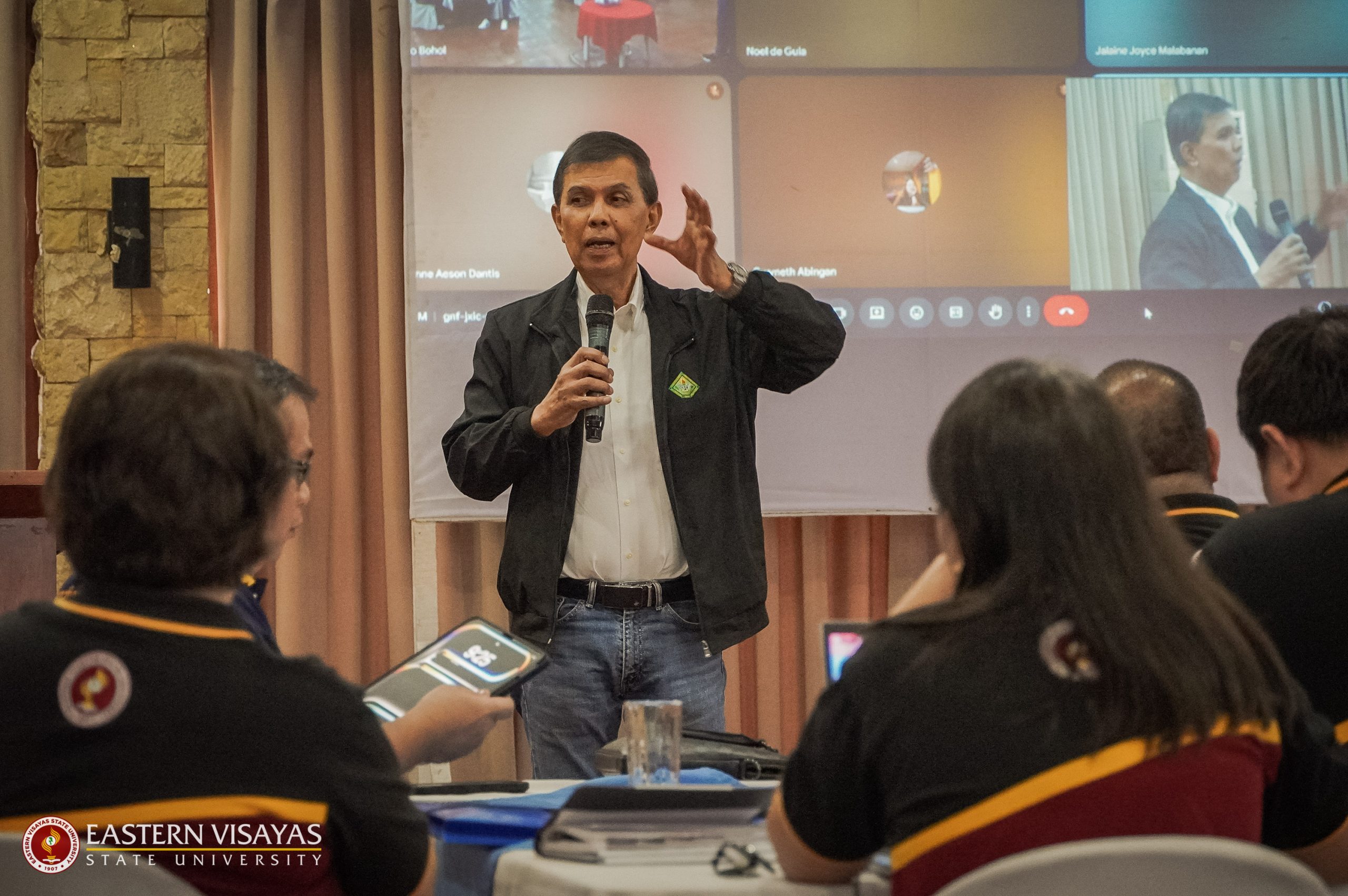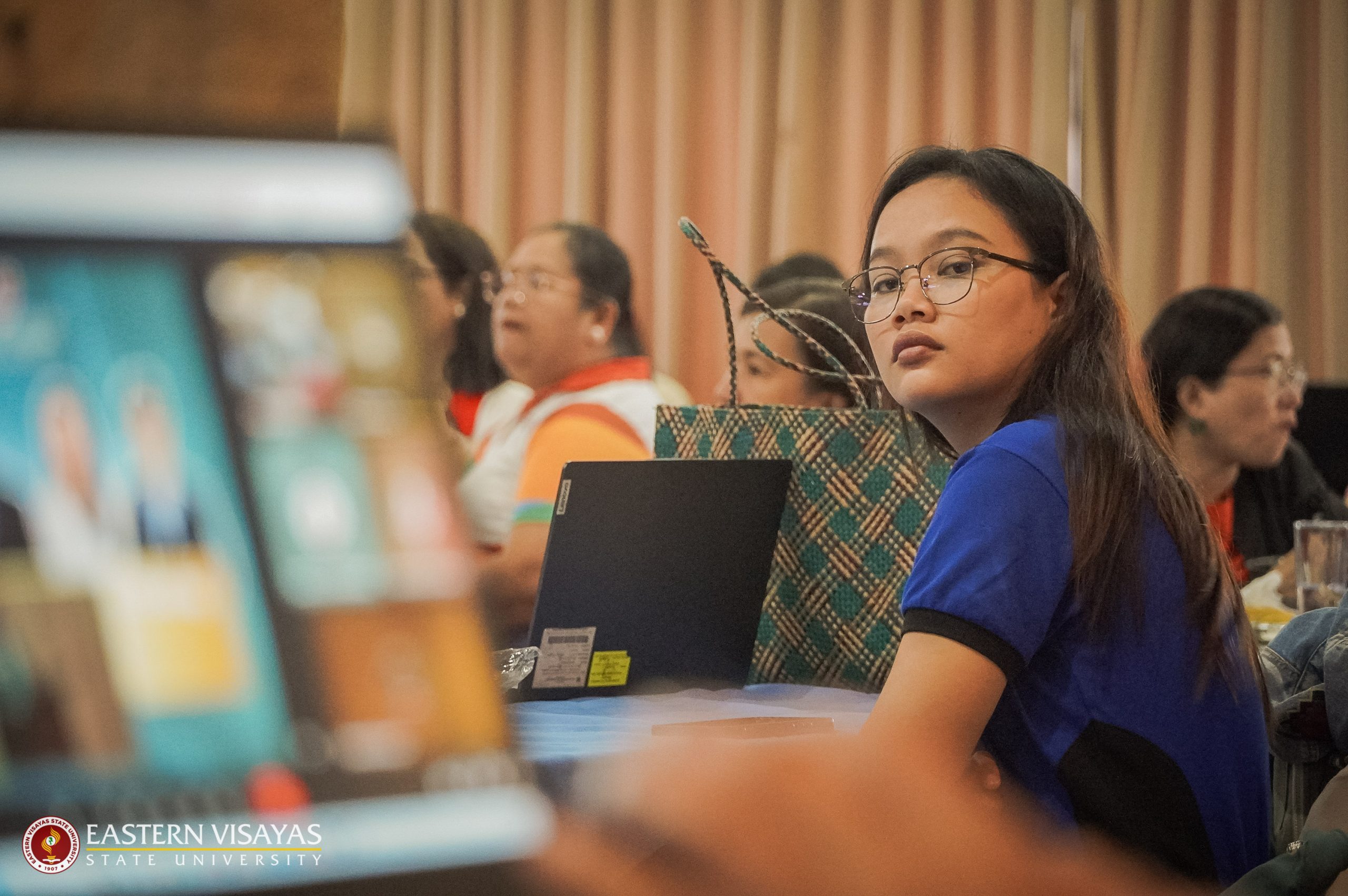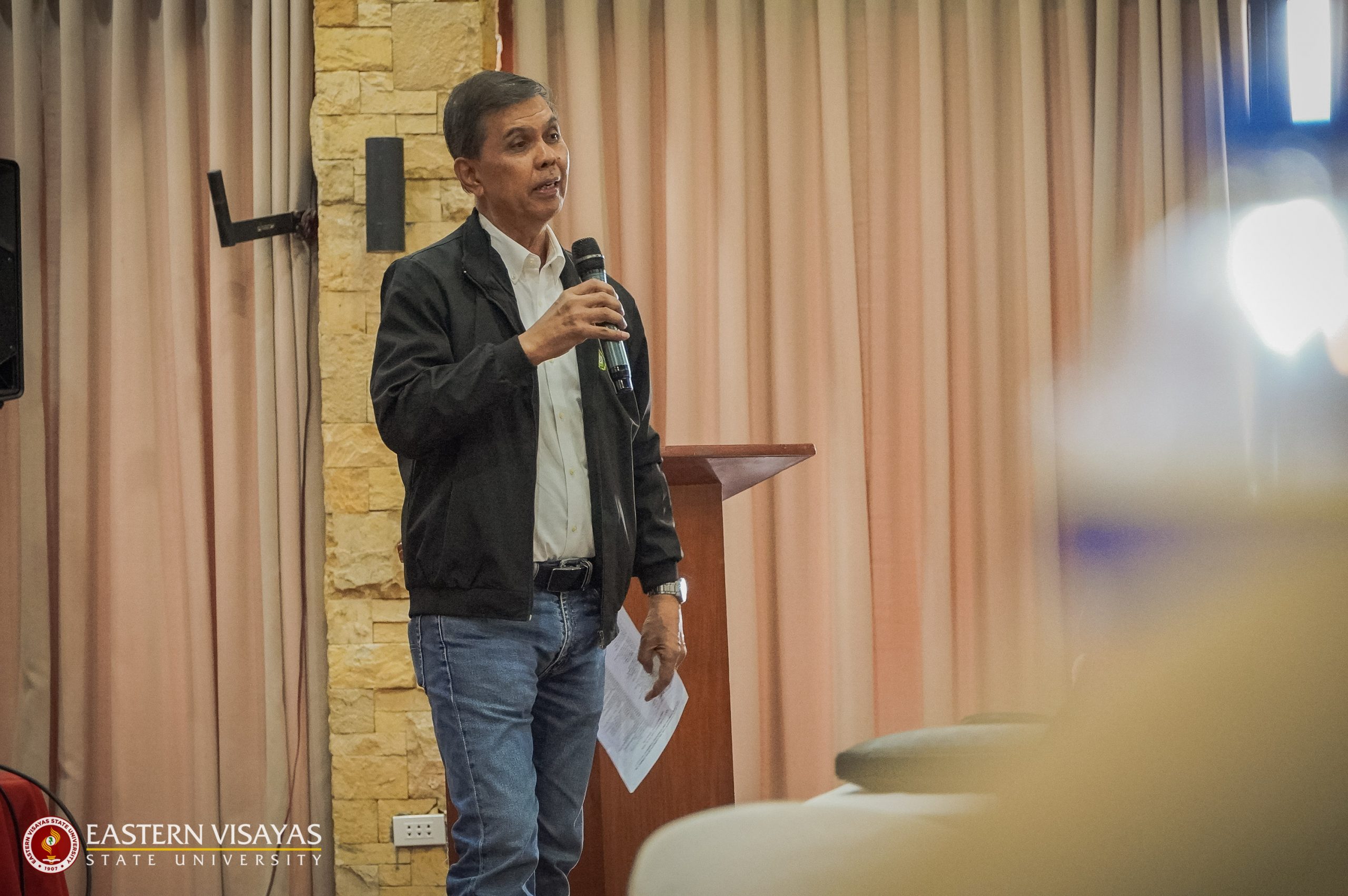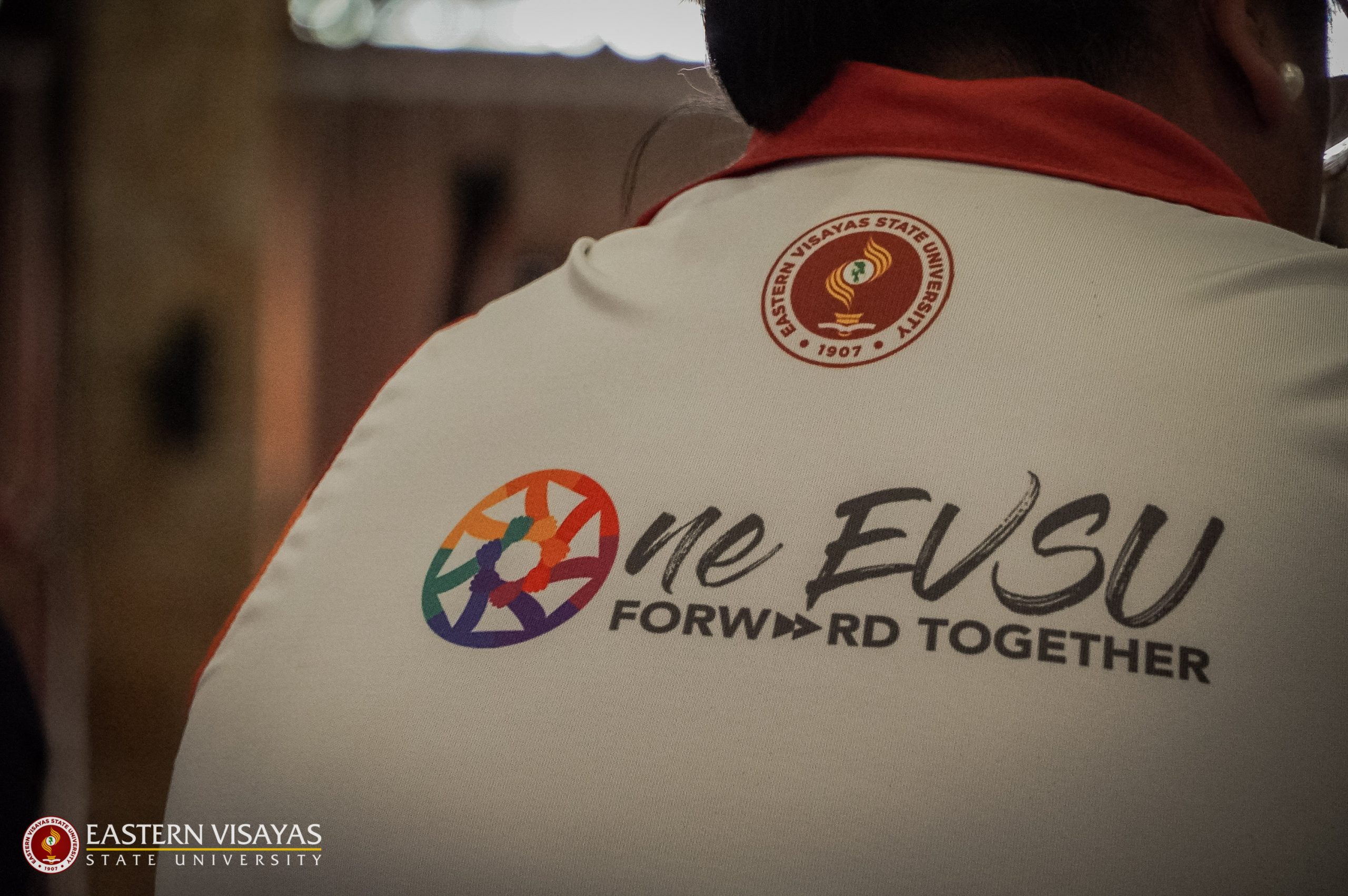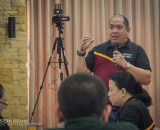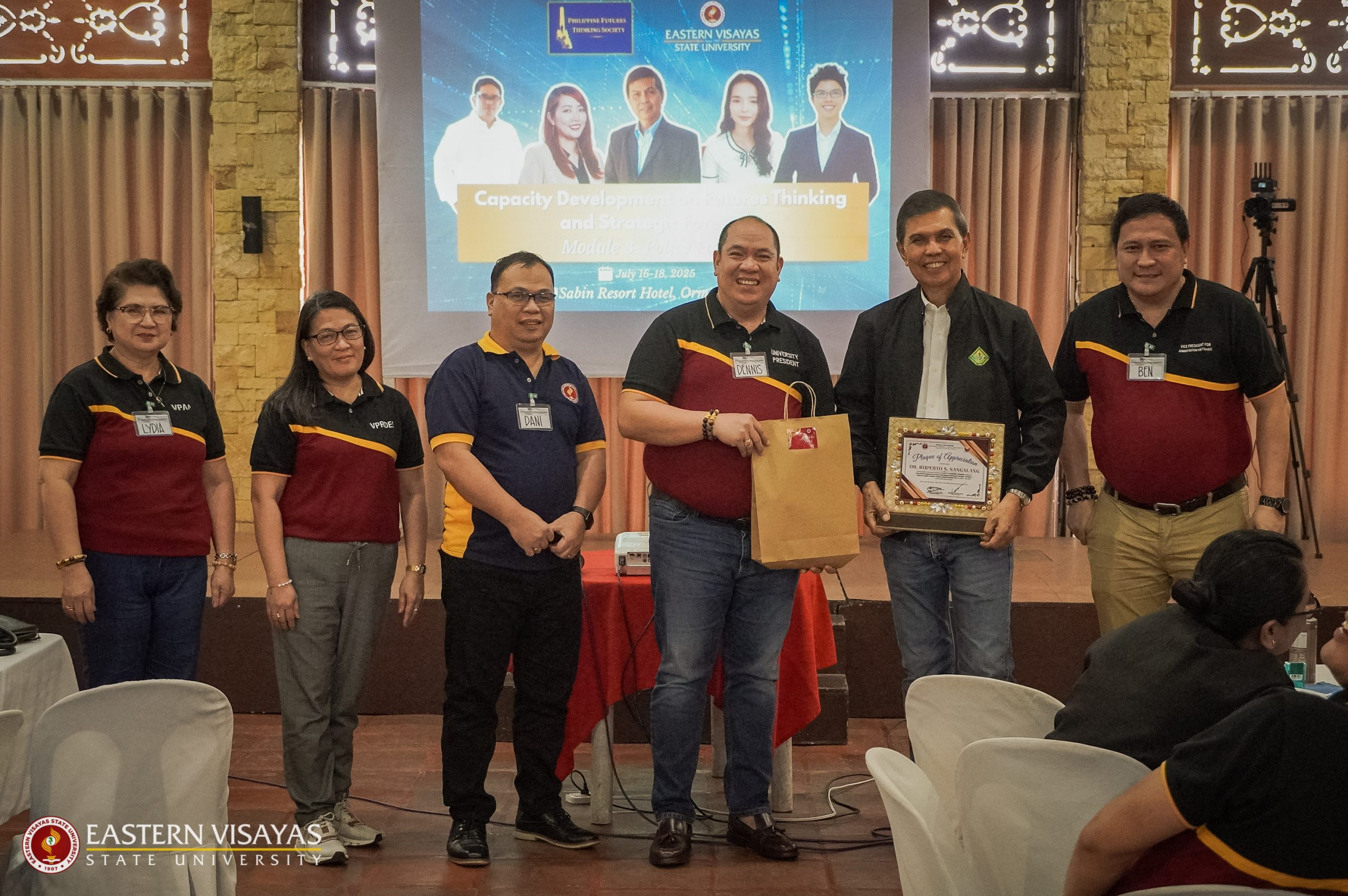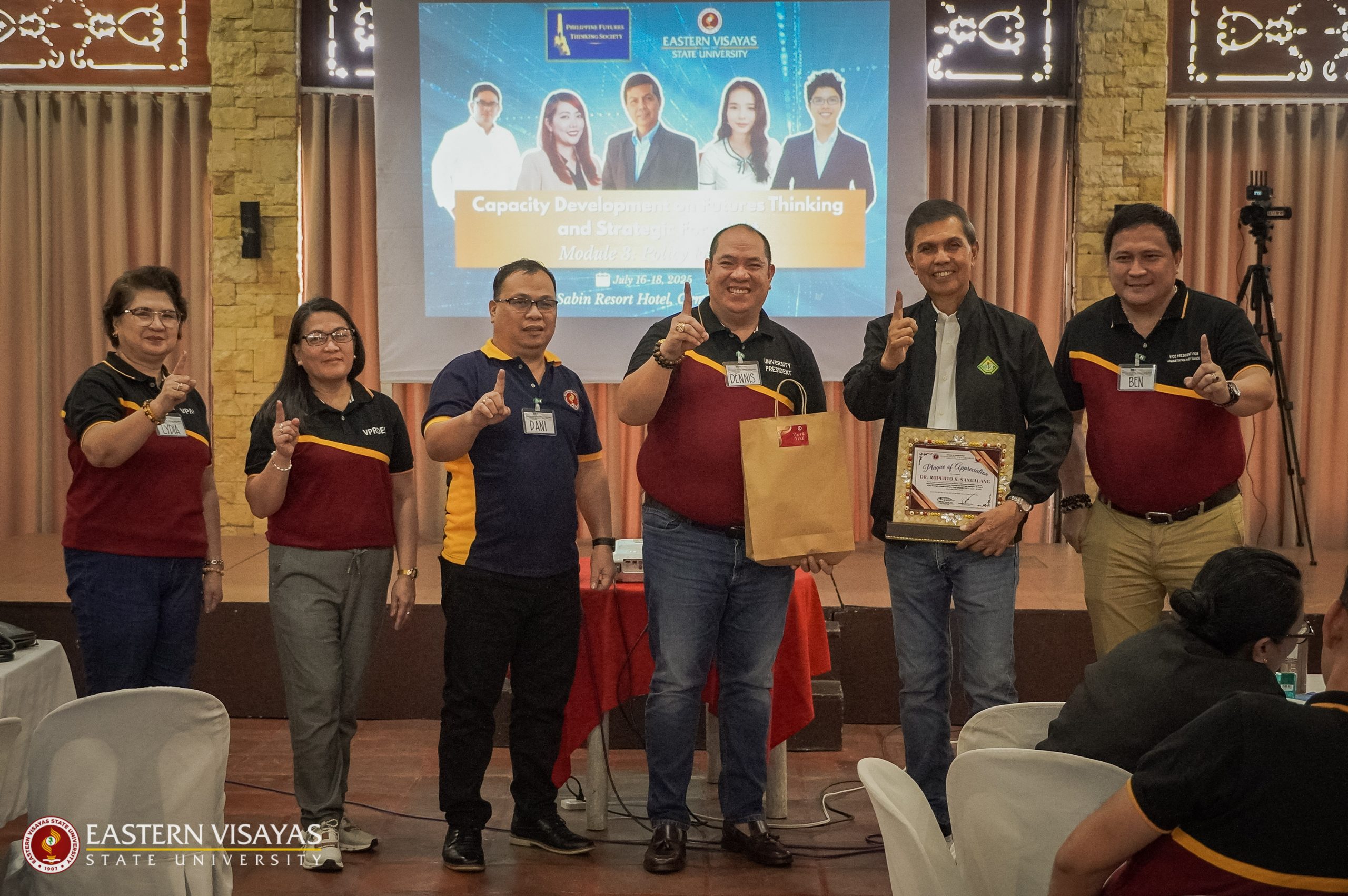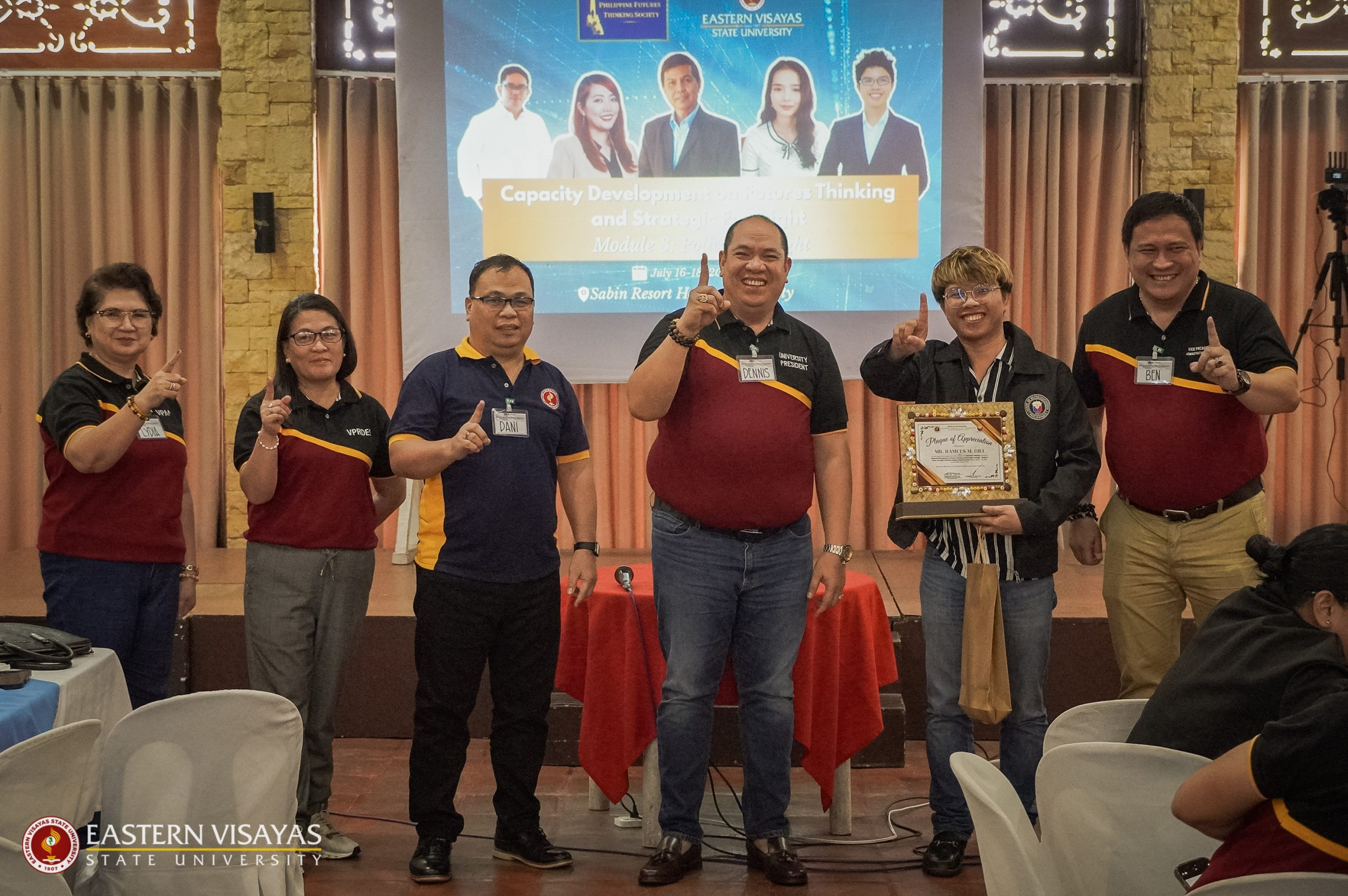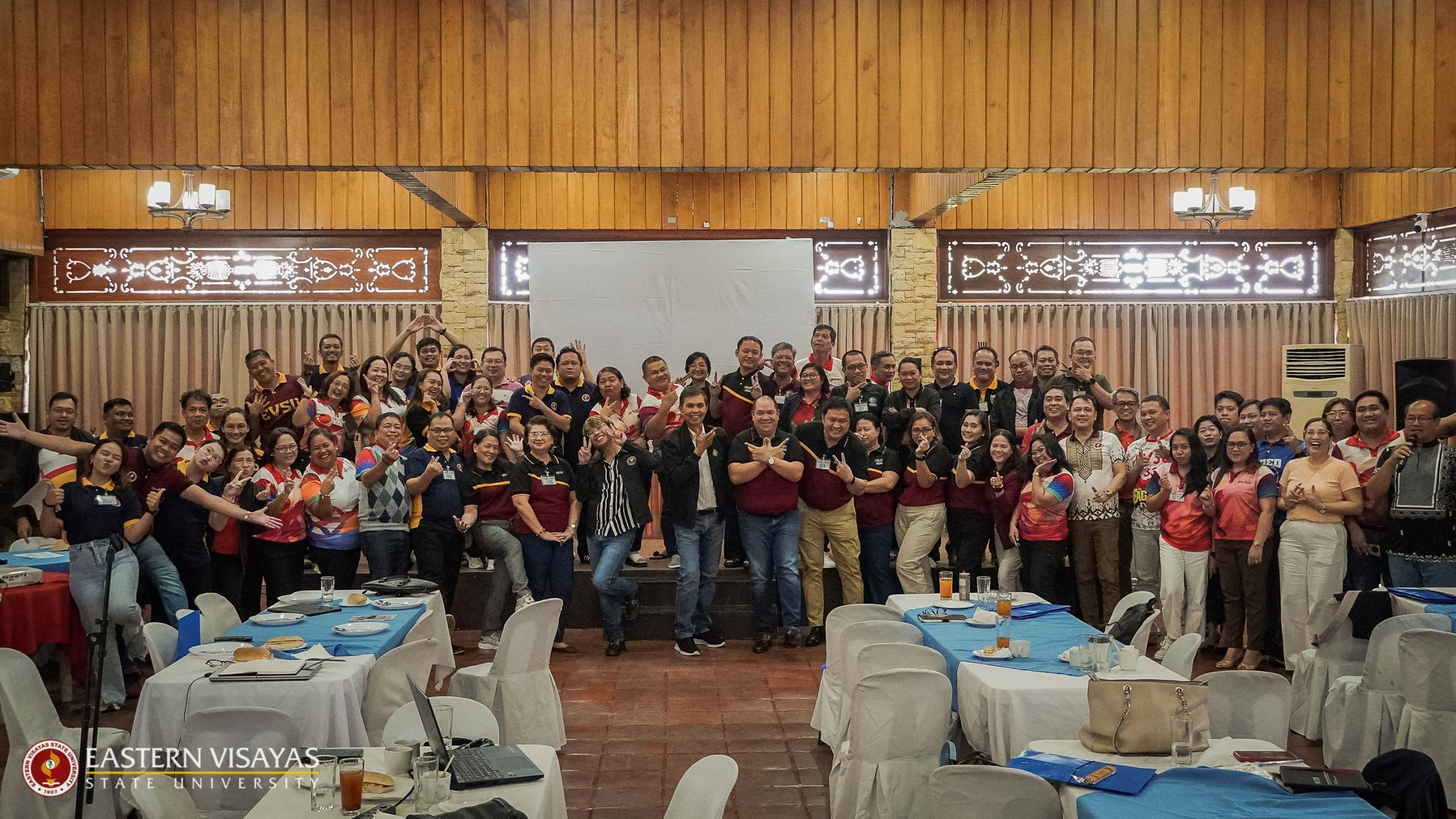EVSU continues to pave the way toward a climate-resilient and future-ready academic institution through its recently concluded 3-day Capacity Development on Futures Thinking and Strategic Foresight – Module 3: Policy Foresight held at Sabin Resort, Ormoc City last July 16–18, 2025. The training brought together educators, researchers, and administrators to enhance their foresight competencies in line with EVSU’s bold vision of becoming the National University for Resilience and Climate Action (NURCA).
The activity builds on EVSU’s transformative agenda under the ONE EVSU 2.0 initiative, aligning its strategic direction with the United Nations Sustainable Development Goals (SDGs), particularly SDG 4 (Quality Education), SDG 8 (Decent Work and Economic Growth), SDG 9 (Industry, Innovation, and Infrastructure), and SDG 13 (Climate Action).
Anchored on futures thinking, the sessions emphasized the importance of long-term, anticipatory strategies in enabling transformative change.
Through strategic foresight exercises, participants mapped out key trends and disruptions shaping the future of education, climate resilience, and development. These trends served as input in crafting a strategic narrative for institutional transformation grounded in education, research, and inclusive innovation.
One of the centers of the discussions was the role of policy foresight and advocacy in institutional transformation. Ms. Zheanne Aeson M. Dantis highlighted the importance of policy research and review in crafting evidence-based and future-oriented policies. She emphasized that academic institutions must not only respond to existing challenges but also anticipate future risks and opportunities to influence policymaking meaningfully.
Ms. Jalaine Joyce V. Malabanan led sessions on tools and techniques for policy foresight, providing participants with methods for horizon scanning, scenario planning, and systems mapping. These tools allow institutions like EVSU to create more resilient, inclusive, and adaptable policy responses.
The integration of SDG 9 (Industry, Innovation, and Infrastructure) and SDG 13 (Climate Action) was further explored by Mr. Emmanuel de Guia, Director for Strategic Networks and Partnerships of PhilFutures. He discussed how innovations in technology, infrastructure, and green solutions can drive both economic growth and environmental resilience, positioning SUCs as catalysts of local and regional development.
One of the highlights of the event was a session on EVSU’s Strategic Futures: From Foresight to Backcasting, led by Mr. Ramces M. Dili. Participants engaged in an immersive gaming simulation, allowing them to envision scenarios brought by calamities and how to respond to them.
Concluding the workshop, Dr. Ruperto S. Sangalang, Fellow Futurist and PhilFutures Lecturer, shared approaches for developing actionable foresight strategies tailored to EVSU’s context. He emphasized the need for embedding foresight into the university’s strategic planning processes, curriculum design, and research agenda.
EVSU President Dr. Dennis C. De Paz expressed the university’s continued commitment to principled leadership, sustainability, and innovation in its pursuit of becoming the National University for Resilience and Climate Action (NURCA). EVSU aspires to serve as a leading exemplar among state universities and colleges, demonstrating that the future of education is defined not merely by the capacity to adapt to change, but by the ability to anticipate, shape, and lead it.
The 3-day workshop thus reaffirmed EVSU’s commitment to leadership in climate action, sustainability, and innovation. By integrating foresight thinking with strategic policy development, the university is charting a bold path toward becoming a national model for resilience in higher education
Written by: JF Ruedas | UMDC
This article is aligned with the Sustainable Development Goal (SDG) 04: Quality Education; SDG 13: Climate Action; SDG 09: Industry, Innovation, Technology and Infrastructure; SDG 08: Decent Work and Economic Growth




